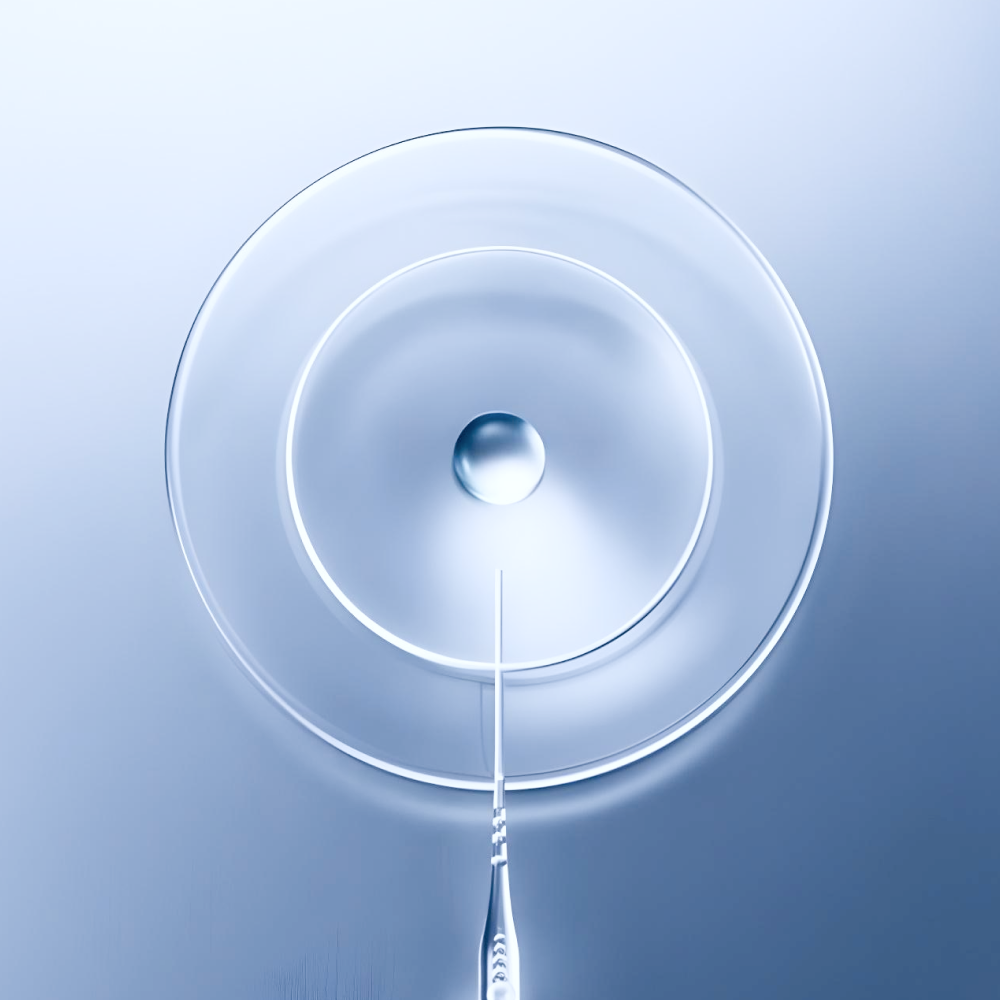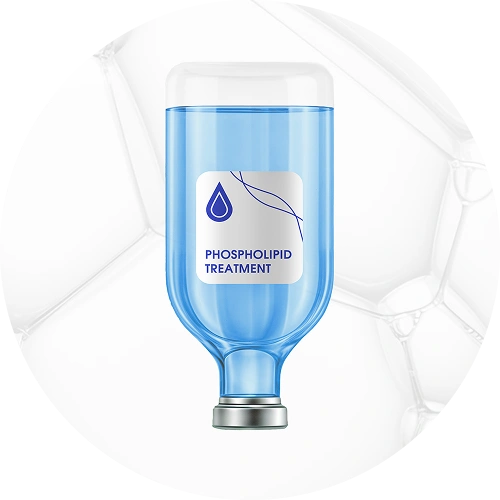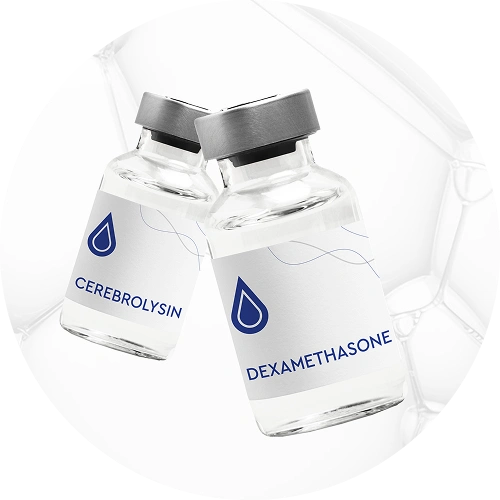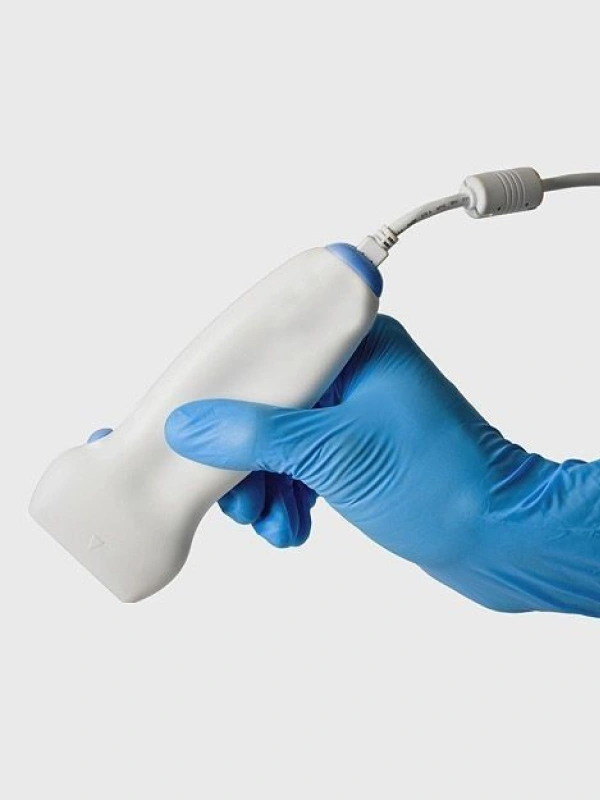The lab diagnostics detect
Dubai
English
Request a call


Check-up «Hormonal Profile (Female)»
A laboratory examination that allows you to assess a woman's hormonal status. Involves key regulatory hormones of the pituitary gland, thyroid gland, and gonads. Used to diagnose menstrual cycle disorders, fertility, premenstrual syndrome, climacteric changes and reproductive disorders.
Get Consultation - 745 AED

Indications
Menstrual cycle disorders (rare, heavy, irregular menstruation)
Suspected anovulation, no ovulation by ultrasound
Preparing for pregnancy, IVF, monitoring infertility
Symptoms of hormonal imbalance (acne, oily skin, hair loss, weight gain)
Premenstrual syndrome, mood swings
Complaints of fatigue, irritability, anxiety
Screening in perimenopause and menopause
Suspected endocrine pathologies: PCOS, hyperprolactinemia, thyroid dysfunction

Analysis Composition and Interpretation
Follicle-Stimulating Hormone (FSH)
Determines the functioning of the ovaries. Triggers follicle maturation in the first phase of the cycle and regulates estrogen production. Controlled by the pituitary gland. FSH levels help assess ovarian reserve and reproductive system function.
Normal range:
Reasons for increased values: ovarian exhaustion, menopause, pituitary tumors
Reasons for decreased values: pituitary insufficiency, hyperprolactinemia, stress
Normal range:
- Follicular phase: 2.8–11.3 IU/l
- Ovulatory phase: 5.8–21.0 IU/l
- Luteal phase: 1.2–9.0 IU/l
Reasons for increased values: ovarian exhaustion, menopause, pituitary tumors
Reasons for decreased values: pituitary insufficiency, hyperprolactinemia, stress
Luteinizing Hormone (LH)
Controls ovulation and the formation of the corpus luteum. Together with FSH, it coordinates the menstrual cycle. LH levels are important for determining ovulatory activity and diagnosing hormonal imbalances.
Normal range:
Reasons for increased values: polycystic ovary syndrome, menopause
Reasons for decreased values: central hypogonadism, obesity, stress
Normal range:
- Follicular phase: 2.4–12.6 IU/l
- Ovulatory phase: 14.0–95.6 IU/l Luteal phase: 1.0–11.4 IU/l
Reasons for increased values: polycystic ovary syndrome, menopause
Reasons for decreased values: central hypogonadism, obesity, stress
Prolactin
Responsible for milk secretion after childbirth and affects the menstrual cycle. If there is an excess of it, ovulation is disrupted, and infertility is possible. The level depends on sleep, stress and physical activity.
Normal range: – Women: 67–726 mIU/l
Reasons for increased values: prolactinoma, hypothyroidism, chronic stress
Reasons for decreased values: hypopituitarism, dopaminergic drug use
Normal range: – Women: 67–726 mIU/l
Reasons for increased values: prolactinoma, hypothyroidism, chronic stress
Reasons for decreased values: hypopituitarism, dopaminergic drug use
Estradiol (E2)
The key female sex hormone. Responsible for follicle growth, cycle regulation, endometrial formation, bone density maintenance, and skin condition. Participates in preparation for pregnancy.
Normal range:
Reasons for increased values: estrogen-producing tumors, obesity
Reasons for decreased values: decreased ovarian reserve, hypogonadism, menopause
Normal range:
- Follicular phase: 68–1269 pmol/l
- Ovulatory phase: 131–1655 pmol/l
- Luteal phase: 91–861 pmol/l
Reasons for increased values: estrogen-producing tumors, obesity
Reasons for decreased values: decreased ovarian reserve, hypogonadism, menopause
Progesterone (PROG)
Responsible for preparing the endometrium for implantation and maintaining pregnancy. The main hormone of the second phase of the cycle. Its level is assessed to determine ovulation and diagnose luteal insufficiency.
Normal range:
Reasons for increased values: pregnancy, hormone therapy
Reasons for decreased values: anovulation, luteal insufficiency, ovarian hypofunction
Normal range:
- Follicular phase: 0.3–2.2 nmol/l
- Luteal phase: 7.0–56.6 nmol/l
- Pregnancy (I trimester): 35–141 nmol/l
Reasons for increased values: pregnancy, hormone therapy
Reasons for decreased values: anovulation, luteal insufficiency, ovarian hypofunction
Thyroid Stimulating Hormone (TSH)
Regulates thyroid function and thyroid hormone levels. Through them, it affects metabolism, the menstrual cycle, fertility, mood, and energy.
Normal range: 0.4–4.0 mIU/l
Reasons for increased values: hypothyroidism, thyroiditis, lithium use
Reasons for decreased values: thyrotoxicosis, pituitary insufficiency
Normal range: 0.4–4.0 mIU/l
Reasons for increased values: hypothyroidism, thyroiditis, lithium use
Reasons for decreased values: thyrotoxicosis, pituitary insufficiency
Check-up «Hormonal Profile (Female)»
745 AED
Book
Key Advantages of Refresh Clinic
Your gateway to the science of longevity

Expertise & Care
All procedures are performed by nurses with 10+ years of practice — in an environment designed for comfort and trust.

Personal Health Concierge
From your first visit to long-term results, you are guided by an expert who tailors every stage to your needs.

Clinical Safety
Programs are designed by endocrinologists with attention to your metabolic profile and follow international quality standards.

Fill out the form to book your consultation.
Your personal manager will contact you within 10 minutes and arrange a convenient time for your visit.














